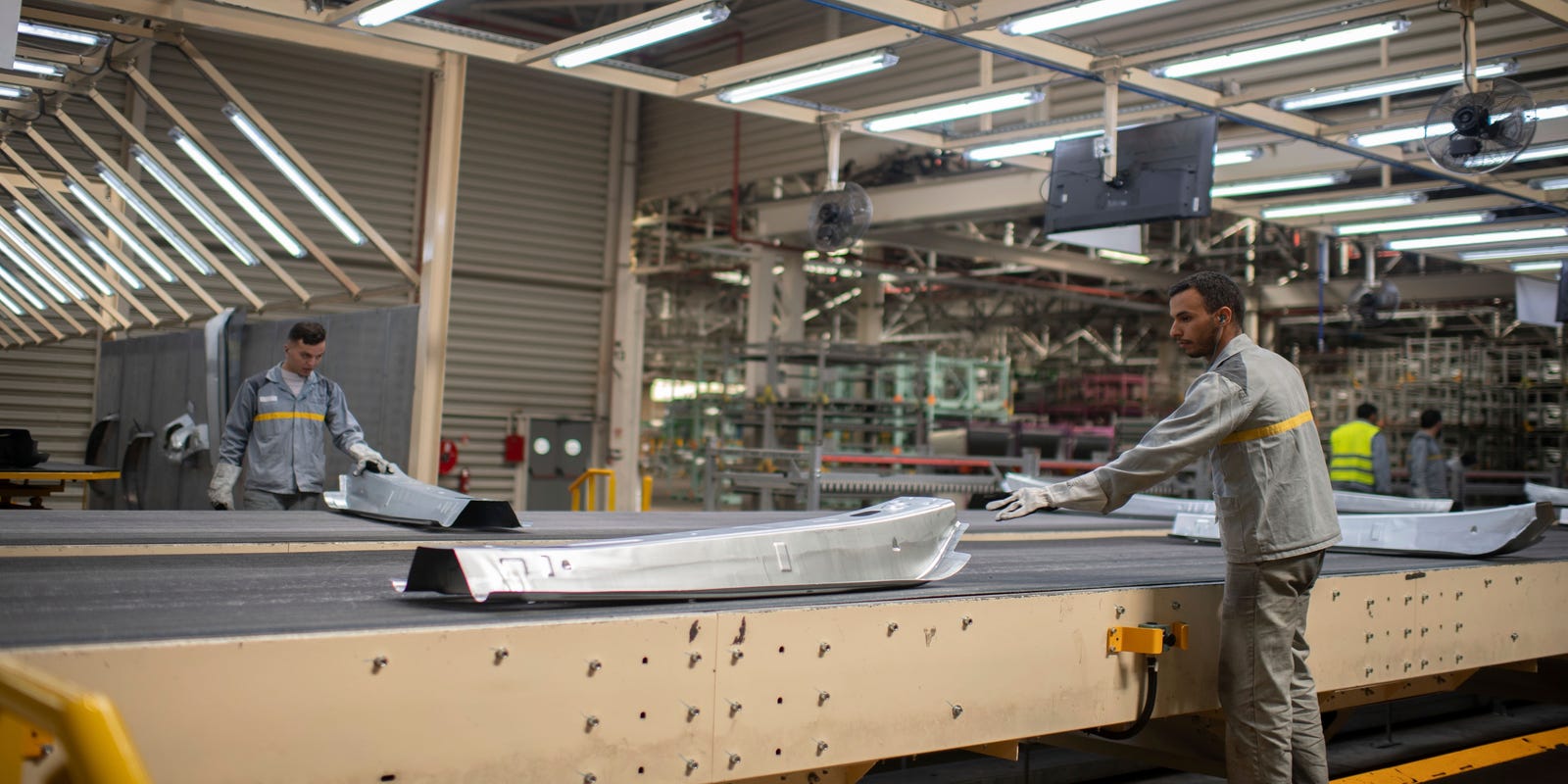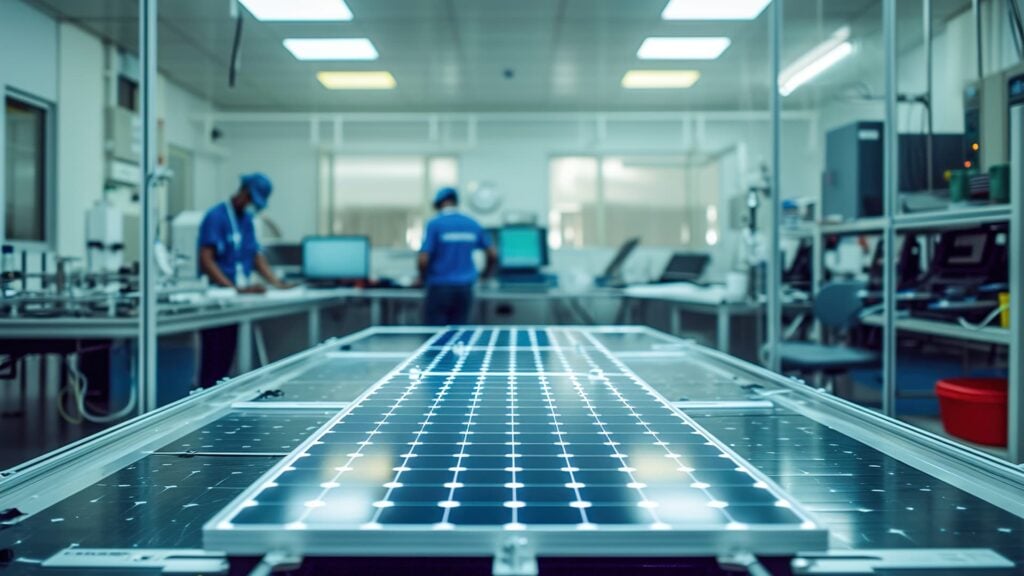Manufacturing Resurrection: Trump's Promise vs. American Reality
Manufacturing
2025-04-15 15:15:43Content

The Myth of Untapped Manufacturing Potential: Why Americans Aren't Rushing to Factory Floors
The narrative that Americans are eager for factory jobs is increasingly disconnected from economic reality. Despite nostalgic rhetoric about manufacturing's golden age, the modern workforce has fundamentally transformed its career aspirations and skill sets.
Today's workers are gravitating towards technology, service, and knowledge-based industries that offer higher wages, better working conditions, and more opportunities for professional growth. The traditional factory job—once a cornerstone of middle-class stability—now struggles to attract talent in a rapidly evolving job market.
Structural changes in the economy have reshaped employment expectations. Younger generations prioritize careers that promise creativity, flexibility, and digital engagement over repetitive manual labor. Moreover, automation and technological advancements have dramatically reduced the number of traditional manufacturing positions available.
The labor market's current dynamics reveal a complex truth: it's not that Americans don't want work, but that they seek employment aligned with their education, technological skills, and personal career ambitions. The factory jobs of yesteryear simply don't match the professional landscape of the 21st century.
For manufacturing to truly attract domestic talent, it must reinvent itself—offering competitive wages, advanced training, and roles that integrate cutting-edge technology and innovation.
The Vanishing American Factory: A Deep Dive into Labor Market Transformation
In the complex landscape of modern American employment, the manufacturing sector stands at a critical crossroads, revealing profound shifts in workforce dynamics, economic priorities, and industrial strategy that challenge traditional perceptions of labor and productivity.Unraveling the Workforce Paradox: Why Americans Aren't Rushing to Factory Floors
The Changing Perception of Manufacturing Work
The contemporary American workforce has undergone a dramatic metamorphosis, distancing itself from traditional manufacturing roles. Once considered the backbone of economic prosperity, factory jobs now represent a diminishing career pathway for emerging generations. Technological advancements, automation, and shifting educational priorities have fundamentally reshaped the perception of industrial labor, creating a complex narrative of workforce transformation. Millennials and Generation Z professionals increasingly prioritize knowledge-based careers, digital innovation, and service-oriented professions over traditional manufacturing roles. This generational shift reflects broader societal changes, where technological literacy and creative problem-solving have become more valued than repetitive manual labor.Economic Barriers and Structural Challenges
The domestic labor market confronts significant structural impediments that discourage potential workers from pursuing manufacturing careers. Stagnant wages, limited career advancement opportunities, and increasing skill requirements create substantial barriers to entry. Many manufacturing positions now demand sophisticated technical skills, requiring advanced training and educational investments that many workers find prohibitively expensive. Global economic competition further complicates the landscape, with international labor markets offering more attractive compensation structures and technological integration. American manufacturers struggle to compete with emerging economies that provide lower-cost production environments, creating additional uncertainty for potential workers.Technological Disruption and Workforce Adaptation
Rapid technological evolution has fundamentally transformed manufacturing environments, rendering traditional skill sets obsolete. Robotics, artificial intelligence, and advanced computational systems have dramatically reduced human labor requirements, creating a paradoxical scenario where technological efficiency simultaneously increases productivity while diminishing human employment opportunities. Modern manufacturing demands a sophisticated blend of technical expertise, digital literacy, and adaptive problem-solving skills. Workers must continuously upgrade their capabilities, navigating a complex ecosystem of technological innovation and industrial transformation.Educational and Cultural Reimagining
The decline of manufacturing interest reflects broader educational and cultural shifts. Contemporary educational institutions increasingly emphasize technology, service industries, and knowledge-based careers, inadvertently marginalizing traditional industrial pathways. This systemic redirection creates a self-perpetuating cycle where fewer students consider manufacturing as a viable or desirable career option. Cultural narratives surrounding manufacturing work have also evolved, often portraying such roles as less prestigious or innovative compared to emerging technological and creative sectors. This perception gap represents a significant challenge in attracting talented individuals to industrial careers.Policy Implications and Future Strategies
Addressing the manufacturing workforce challenge requires comprehensive, multi-dimensional strategies. Policymakers, educational institutions, and industry leaders must collaborate to redesign workforce development programs, offering competitive compensation, continuous training, and clear career progression pathways. Investments in advanced manufacturing technologies, vocational training programs, and innovative workforce incentives could potentially revitalize domestic manufacturing employment. By creating more attractive, technologically integrated work environments, the industrial sector might successfully reconnect with emerging talent pools. The future of American manufacturing hinges on its ability to adapt, innovate, and reimagine workforce engagement strategies in an increasingly complex global economic landscape.RELATED NEWS
Manufacturing
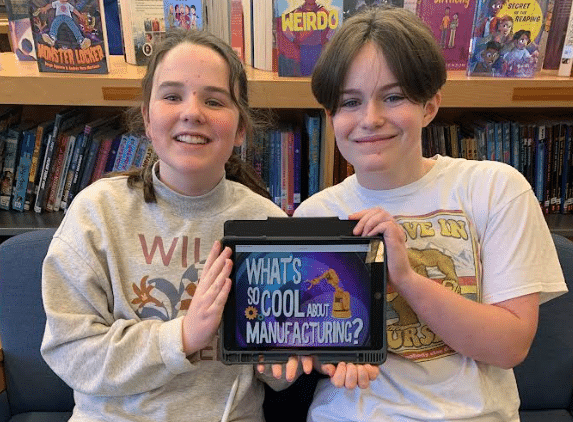
Young Innovators Unleashed: Middle Schoolers Dive into the World of Manufacturing Magic
2025-03-12 14:48:54
Manufacturing
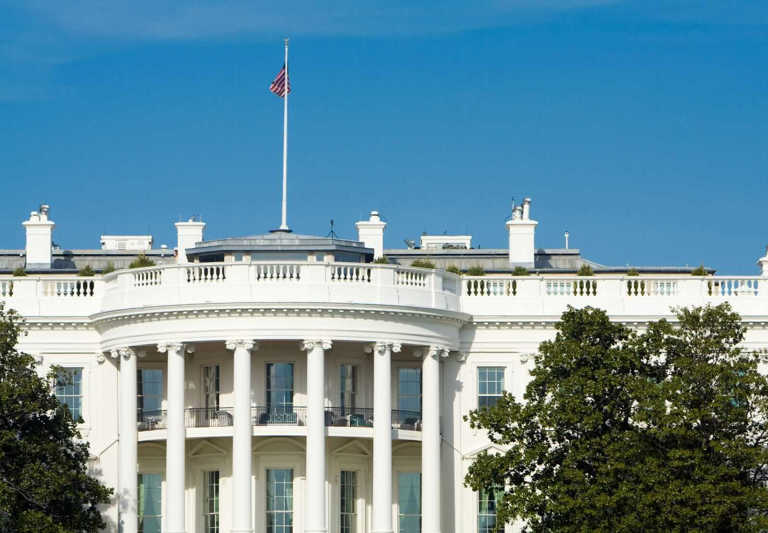
Manufacturing Renaissance: 2 Powerhouse Stocks Poised to Dominate the American Industrial Comeback
2025-04-26 17:00:02
Manufacturing
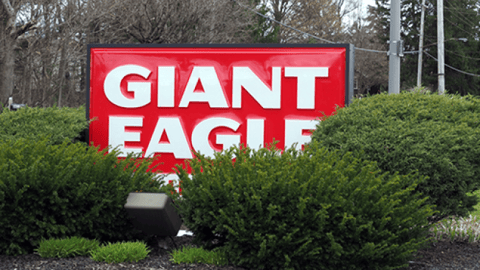
Green Victory: How Giant Eagle Turned Waste Management into a Zero-Waste Revolution
2025-05-06 15:40:42

